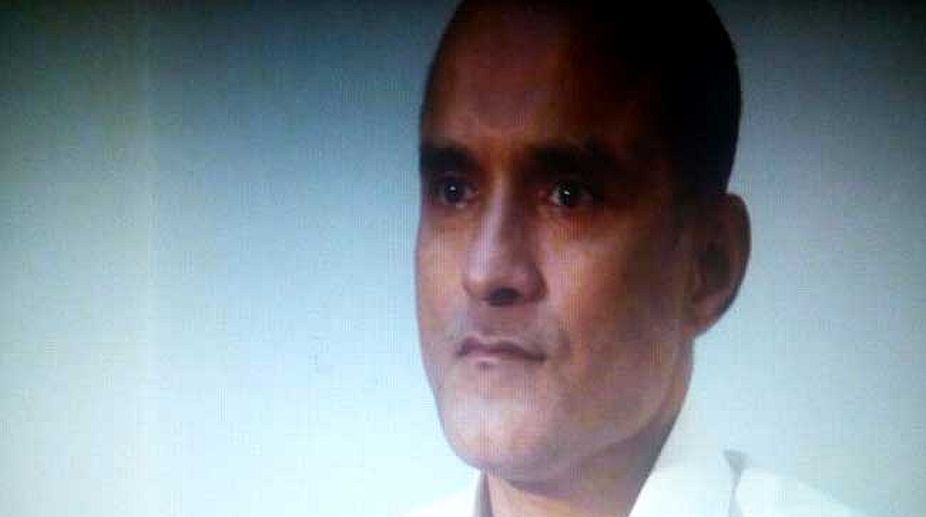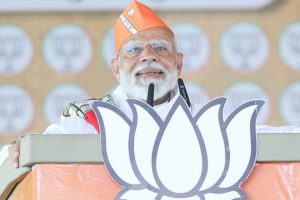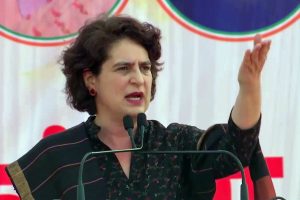Indian national Kulbhushan Jadhav was arrested by Pakistan’s counter-terrorism officials for allegedly working as a spy for the Research and Analysis Wing (R&AW).
He is said to be a former Indian Navy officer and had taken premature retirement. After a military court awarded death sentence to him on the charges of espionage, India moved the International Court of Justice, which stayed the death penalty.
The case is listed for a hearing in the ICJ on Monday (May 15) where both India and Pakistan are expected to vehemently defend their respective positions on the issue. India has maintained that Jadhav was “kidnapped from Iran”, and his trial was ‘farcical” in the absence of any evidence against him. Pakistan has denied consular access to Jadhav even as India requested for the same 16 times.
India is said to have made the denial of right to consular access as the main point while approaching the ICJ.
Here’s a timeline of the Jadhav saga:
3 March 2016: Pakistan counter terrorism officials “arrest” Jadhav on the charges of terrorism and sabotage from Saravan, near the Iran border to the south east of Zahidan.
24 March 2016: Pakistani army claims Jadhav is a RAW agent.
26 March 2016: Pakistan summons Indian High Commissioner, lodging protest on “the illegal entry into Pakistan by a RAW officer and his involvement in subversive activities.
29 March 2016: Pakistan releases Jadhav's confessional statement video, in which Jadhav is seen as saying that he is a serving Indian Navy officer and operative of the RAW. India questions legitimacy of the confession video, alleging third-degree techniques could have been used to get a tutored statement.
April 2016: Provincial government of Balochistan files an FIR against Jadhav on charges of terrorism and sabotage.
7 December 2016: Sartaj Aziz, Pakistan prime minister's adviser on foreign affairs, admits “not enough evidence” was provided on Jadhav.
31 December 2016: Pakistan claims it will hand over a dossier on Jadhav to UN Secretary General Antonio Guterres.
3 March 2017: Aziz takes U-turn from previous statement on insufficient evidence on Jadhav, saying he will not be extradited to India come what may.
10 April 2017: Pakistan's military establishment announces that Jadhav will be hanged after a military court found him guilty of espionage and sabotage.
10 May 2017: The International Court of Justice (ICJ) has asks Pakistan not to act on Jadhav's execution.
15 May 2017: Hearing scheduled in the ICJ.











